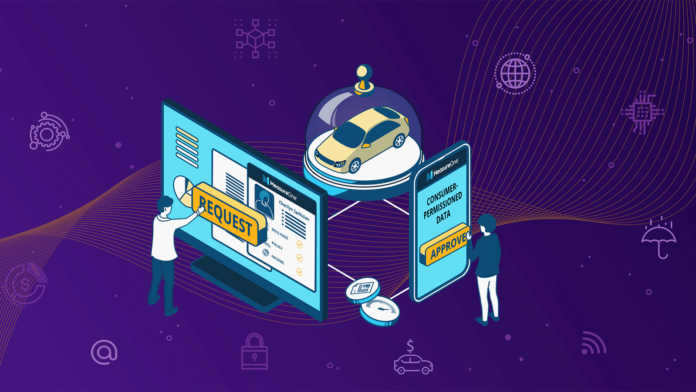The automotive industry is a leader in innovation, from electric vehicles and self-driving cars to AI-driven interfaces. As automotive market demands shift, industry players, especially in the auto insurance space, are seeking ways to accelerate their operations. Embracing automation, particularly through consumer-permissioned data and automated document processing, is indispensable for insurance providers, lending institutions, car dealerships, and more, to gain a competitive edge in this dynamic sector.
Exploring auto insurance and industry trends
The automotive industry finds itself navigating a complex and uncertain landscape in 2023 and beyond. Economic headwinds such as inflation, rising interest rates, a possible recession, and persistent supply chain disruptions have cast a shadow over lenders, insurers, and consumers. A significant pain point remains the antiquated internal processes and manual verifications used by the automotive industry to approve loans and verify insurance, income, or employment. How do these challenges and practices impact the auto finance and auto insurance sectors?
For auto lenders and dealerships
Recently, there has been a noticeable surge in borrower demand for auto loans. This uptick has drawn a varied and growing group of lenders eager to tap into the opportunity. These include large and regional banks, online retailers, and emerging fintech companies.
For players already established in the automotive space, staying ahead of potential technological disruptors is paramount to maintaining their leadership status. Given favorable market conditions, they should seize opportunities to amplify loan origination and boost profitability–leveraging automation being a prime example.
Auto lenders and dealerships must exhibit resilience, flexibility, and foresight in order to succeed in an environment with increasing competition and evolving consumer demands. By tapping into market dynamics, optimizing operational strategies, and prioritizing risk management, they can navigate the changing industry landscape and continue to cater to their customers..
For auto insurance companies
The global auto insurance market is undergoing significant changes due to evolving mobility trends, vehicle technologies, and shifting customer expectations. Factors like increased electric vehicle adoption, the ubiquity of ride-sharing, and advancements in automobile safety can potentially reduce repair and replacement costs. This, in turn, is expected to lead to reduced auto insurance premium rates and total personal lines of auto insurance. This anticipated decrease means that traditional insurance carriers must embrace technological innovations to maintain profitability and operational efficiency.
For gig economy employers
The gig economy has experienced remarkable growth, with roles in delivery and ride-sharing emerging as highly sought-after gig work. In the United States alone, there are currently around 3.2 million delivery and ride-share drivers.
This surge in gig work has introduced a new set of financial and liable risks to the companies employing gig workers. For businesses to stay ahead of these risks, verifying that gig employees have the requisite auto insurance is critical. Automated auto insurance verification can provide a streamlined, efficient solution to this challenge.
Streamline Automotive Operations with Real-Time Data
Automation can solve for many of the efficiency and profitability challenges being faced by auto lenders, dealerships, insurers, and employers. . Consumer-permissioned data (CPD) and automated document processing platforms help businesses improve their processes for income and employment verification (VOIE), auto insurance verification, quoting, and even underwriting. With instant access to necessary consumer data, pulled directly from a consumer’s online account or an uploaded and verified document like an insurance policy, tedious and costly manual processes for verification become obsolete.
Adopting real-time data and automated document processing is set to revolutionize operational dynamics of the consumer-centric automotive industry.
Source : AutoFinanceNews











